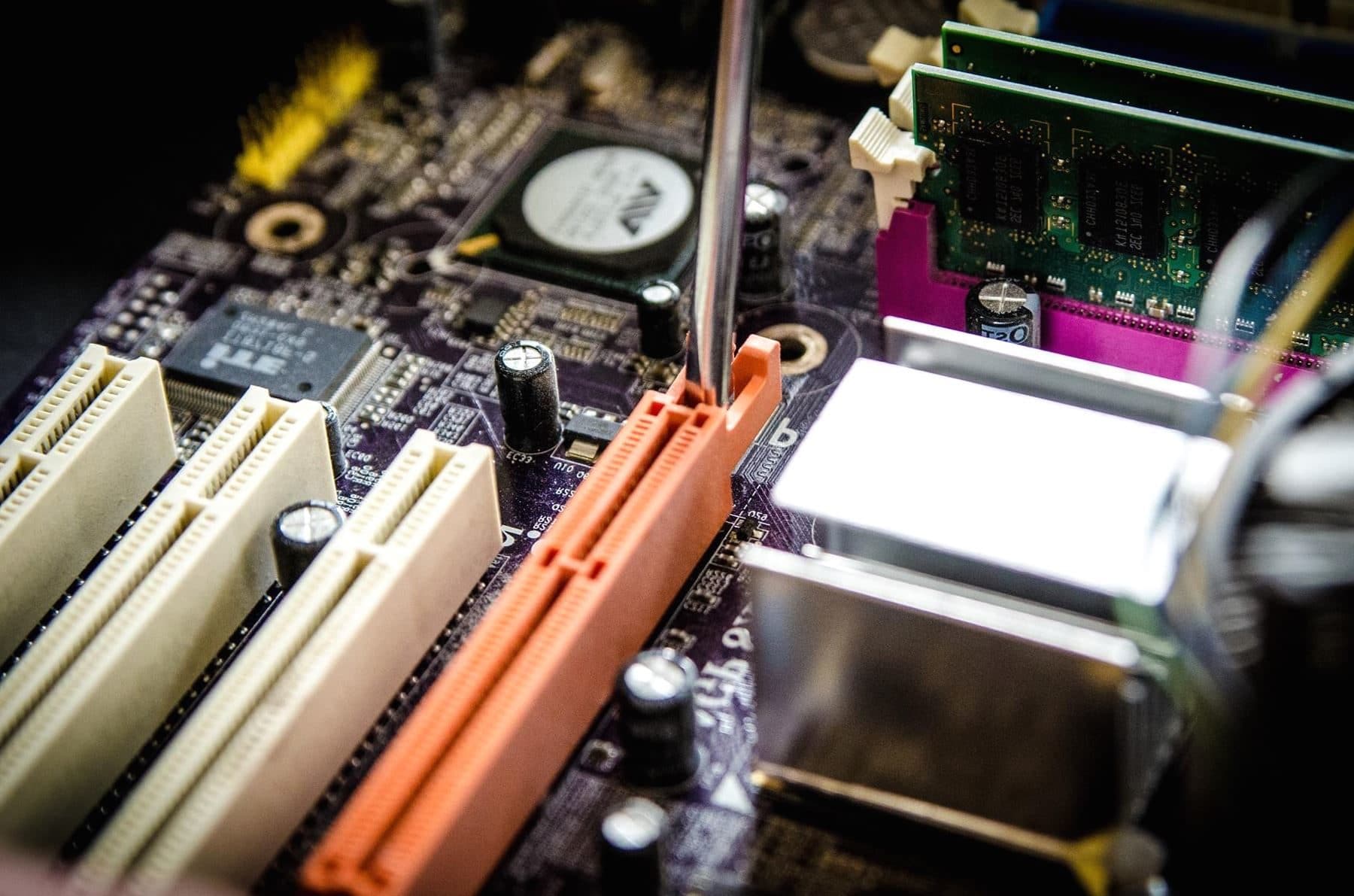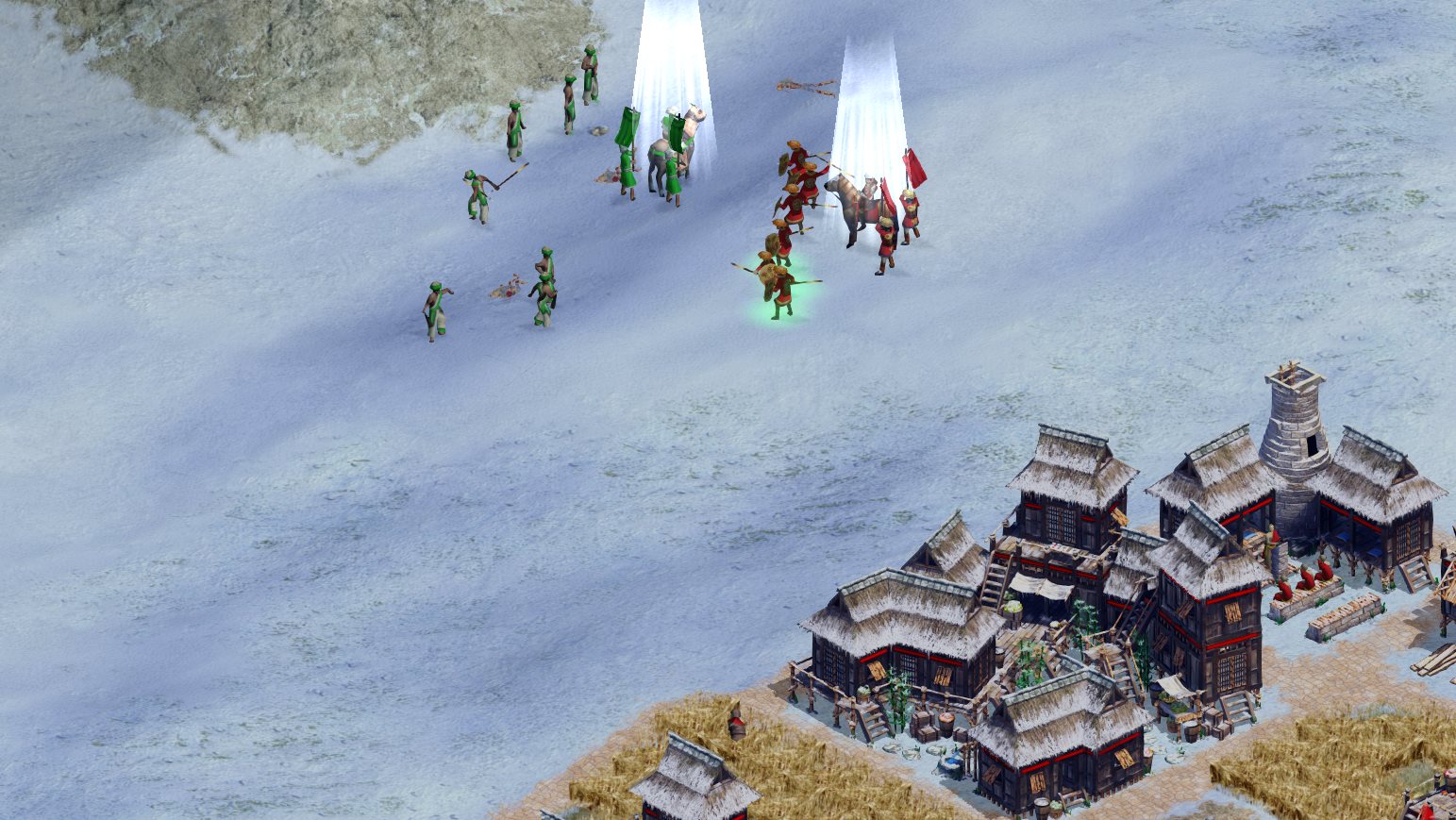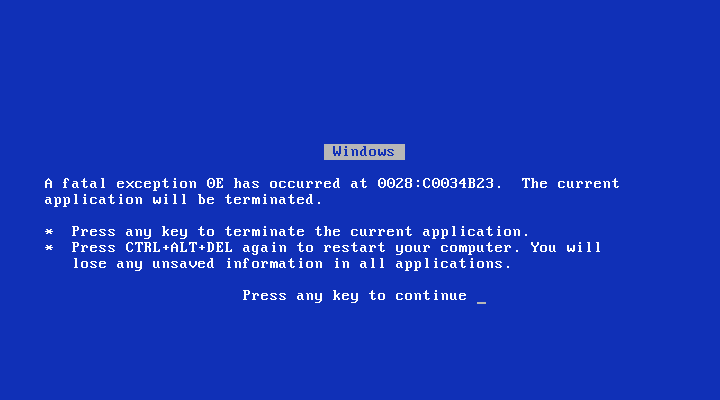This concept is applicable near universally: games, economics, computer parts, whatever. If the category exists, the things within it are almost certain to be roughly balanced.
For “quick and dirty” comparisons between two things, this concept is incredibly valuable to understand. When you just need to know roughly whether something’s worthwhile, you can save a lot of time by keeping the deep analysis for later.
Let’s use some examples to illustrate.
League of Legends

Champions
Some are particularly strong (“OP” or “S tier”) or particularly weak at a given time, but if you pick a random champion and make them do what they’re supposed to be good at, they’ll almost always do fine. Conversely, put a random champion into a situation where they’re supposed to be weak, and they’ll probably be struggle. Poke champions usually lose an all-in, split-pushers aren’t top-tier team fighters, and so on.
Items
Trinity Force is probably stronger than Ohmwrecker, but there isn’t an item which gives you 1000 gold worth of value for 3000 gold, and although there are definite outliers (Worlds 2017 Ardent Censer, Patch 4.20 Feral Flare), generally no one item gives absurdly more value than you pay for it. If you buy an offensive item, you’re still squishy. If you buy armor, you’re still vulnerable to magic damage.
Runes
Triumph was released a little over-tuned. Summon Aery was released a little over-tuned. Minion dematerialiser has raised a few eyebrows over realistic applications. But by and large, all the runes are in the same ballpark of viability / power. You can look at a rune, think for a few moments whether it roughly works on your champion and generally be happy with the outcome.
Computer Components
Prices
An expensive CPU almost always outperforms a cheap CPU; the “catch” is its cost. Cheap power supplies always have worse electrical performance than top tier units; once again the main downside is the cost difference.
Brands
Intel and AMD price their CPUs to be roughly competitive; if you see a $300 Intel CPU and a $300 AMD CPU, and there’s nothing special about either, then chances are their performance is roughly in the same ballpark.
A Noctua fan might cost double what a same-size model from Deep Cool or Cooler Master would cost. All else being equal, it’ll almost certainly blow more air at the same noise level (or be quieter at the same airflow level), have better tonality, and last longer.
Rise of Nations
Strategies
Rushing and Booming/Turtling both have pros and cons. Early military investment damages your economic growth; focusing on economy leaves you vulnerable to invaders.
Nations
Certainly some are easier to play (i.e. not Lakota), or have bonuses that are difficult to negate (e.g. Chinese), but by and large you don’t win and lose games because you picked a “bad nation” or a “good nation”. You win because you played better, or lose because you got outplayed.
Units
Elephants are absurdly good in combat and basically win every fight against a same-tech unit, but they cost awkward resources to build. If you use lots of food and wealth building elephants, you’re hampering your ability to build virtually every other unit (since nearly all units cost either food or wealth to build) and will end up with a smaller army size.
“Economics”

Investments
Treasury bonds have low returns but are really safe; shares are riskier but average better returns.
Jobs
Sure, a retail job might not require lots of qualifications or experience, but you’re probably not going to become rich working it. The average C-level executive gets paid way more than the guy answering the phones, but good luck getting there if you have no qualifications and no prior employment history.
Food
As a general rule, all food has to juggle the following:
- Nutrition
- Cost
- Taste
- Convenience
- Most people think pizza tastes good and is convenient to eat, but it’s rather unhealthy. While not expensive, pricing is often mediocre vs a DIY option.
- Vegetables are generally nutritious and cheap, but they’re usually not as pleasant to eat and often require at least some preparation before consumption.
- Some foods might score well in the first three areas, but are difficult or time consuming to either cook or consume. Eating on-the-go would make some foods (such as soup) especially cumbersome.
Exceptions
This concept works as a whole; but as with many rules there are some exceptions and other qualifiers.
New things
Compared to established things, new things tend to be less balanced.
A newly released game tends to have more balance problems. A new generation of CPUs might be head and shoulders better value than the competitor’s current generation (until they change their pricing).
Cryptocurrency’s average return for early investors was probably higher than other options, even when factoring in risk of failure.
Differing values
People with different valuations of things will end up with better and worse trade-offs from the perspective of a more neutral observer.
If you literally do not care in the slightest about taste (let’s say you were born without taste buds), it’s easier for you to have a diet that’s healthier and/or cheaper and/or more convenient.
Those with dubious ethical values can often extract more selfish value from a situation, but a Good Samaritan might actually lose selfish value in a situation by helping someone else. The Good Samaritan is typically still happy with their actions despite this.
This can also apply more broadly, or less permanently: for example if you’re looking for peanut butter, being offered ice cream is probably not going to score well on your peanut butter metric, even if the ice cream on offer is your favorite kind. If you want a large car for family vacations, no amount of marketing about a 2-seater is going to make you buy one.
Closing Thoughts
Once you understand this concept, you’ll hopefully find it significantly easier to quickly ballpark the value of different things.
For me personally, this has been useful especially in games (e.g. my opponent’s strength in one area must have a cost in another which I can play around). However, game theory like this isn’t just useful in games, and has very broad applications in other areas – evolution, politics, and economics, just to name a few.1 You may just begin to notice this and other game theory concepts apply in unexpected ways as you go about your day.
- If you enjoyed this article and are interested in learning more game theory-stuff, you might be interested in Game Theory 101 by William Spaniel, who has almost certainly never heard of me. Let him know I sent you!




